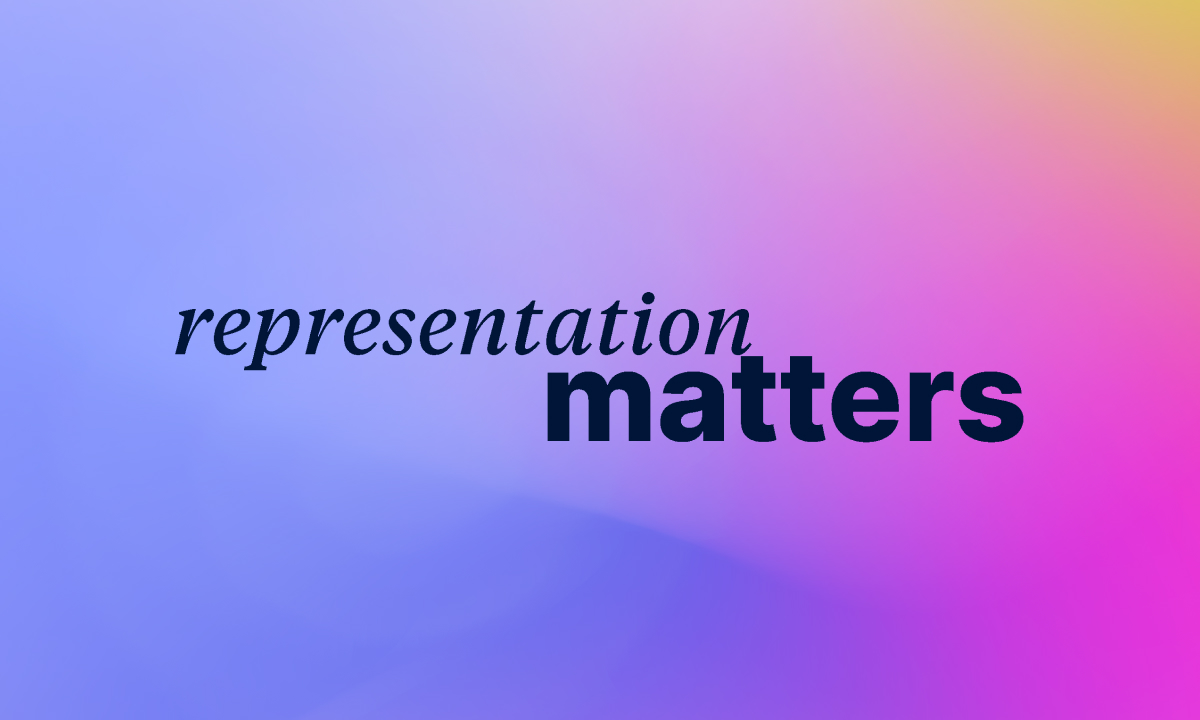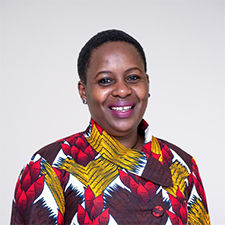Since entering Tanzania’s Parliament in 2020, Neema Lugangira hasn’t wasted time making her mark. A development specialist who founded a nongovernmental organization (NGO) to combat malnutrition in the country, Lugangira in 2019 won cross-party support to prioritize better nutrition.
Earlier this year, Lugangira was the driving force behind a successful campaign that made Tanzania the first country in Africa to make gender-based violence an electoral offense. “Our aim is to make sure we create an enabling environment for women to come forward and vie for office,” she says.
We recently interviewed her for a report by the Oliver Wyman Forum, Women Political Leaders (WPL), and the World Bank’s Women, Business and the Law on the positive impact of having more women in political offices.
You have prioritized ending malnutrition and food insecurity and expanding digital inclusion and development. Why are these issues so important to you and to Tanzanians?
My region, Kagera, has the highest actual number of stunted children in the country. We have very arable land, and we produce a lot of food, so why are we still malnourished? Our government has taken commendable steps to address stunting and other forms of malnutrition, including budgeting for things like vitamin A drops for kids under five and folic acid for pregnant women to address issues of anemia, but in reality if we can empower our communities to transform their dietary behavior we wouldn’t be faced with these issues.
To achieve this, I wanted to be part of that story, hence I established an NGO called Agri Thamani Foundation. We decided to focus on schools and provide nutritional education to try to change the narrative: Make the kids be ambassadors of dietary change in the family, start vegetable gardens in schools aimed at achieving dietary variety at the household level. If 40% of the kids in a classroom are stunted, no matter what investment you make in your education infrastructure or your teachers it’s not going to get anywhere. In government health centers, we provide nutritional education to expectant mothers, lactating mothers, and mothers with children under two. And in 2021, one of my biggest milestones was working with three political parties to make nutrition a priority agenda on their election manifestos.
What are the challenges to digital inclusion in rural Tanzania?
Kagera, being a border region, we are disadvantaged because we are furthest away in terms of connectivity, but when it comes to strategic opportunities Kagera is best placed as it borders three countries, Uganda, Burundi, and Rwanda. However, to truly harness these opportunities, deliberate investment is needed to connect the last mile, the unconnected, as access to digital tools can provide women small entrepreneurs a market based outside Tanzania.
I also chair the African Parliamentary Network on Internet Governance (APNIG), which brings together members from across African countries to see what role we can play in digital development. And I decided to set up an NGO called Omuka Hub (Omuka means home). We’re just starting, and we set up a small hub with a few computers with money I had saved. If someone wants to apply for a job and doesn’t have internet access, they can come there and use the services for free. Every Saturday we have free classes to bridge the knowledge gap.
Online abuse is a problem for many women political leaders. What has your experience been like?
I have tried to be very active on social media to communicate with people in my area and get feedback. Unfortunately for women, when people are trying to attack you, they don’t attack the issue that you’ve raised but they attack you as a woman. They shift from the agenda to gender. Sometimes it can get really graphic. And sometimes it moves to WhatsApp groups where you actually know the numbers of these people.
But I told myself that if I stop using social media, I’m giving them a win. Instead, I decided to use my experience to address this issue and work with the African Parliamentary Network. And I’m grateful that a lot of other organizations — the UN Population Fund (UNPF), UN Women, UNESCO — are all addressing the issue of online abuse.
Can you talk about the importance of role models, particularly Tanzania’s first female president, Samia Suluhu Hassan, a rarity in Africa?
Her Excellency President Samia Suluhu Hassan has crushed whatever doubts or perceptions people might have had with regards to female leadership, and that has a natural trickle-down effect all the way to the lowest level. We are having local government elections this year and the number of women who are psyched up to vie for positions is much greater than before, and communities are receptive to that idea. Indeed, it’s a pretty exciting time.
The president is very dynamic. She’s shown that you can be subtle and soft in your ways but also very firm and stern. She is bringing together different political parties to see what we can do together. We’ve had several legislative reforms toward building a stronger democratic state and freedom of expression. We have our first female minister for defense in Tanzania, which is a pretty big deal. And Tanzania is now the first country in Africa to recognize gender-based violence in elections as an electoral offence. Our aim is to make sure we create an enabling environment for women to come forward and vie for political positions, leadership positions.
You were instrumental in getting that law passed. How did that happen?
After listening to HE President Samia Suluhu Hassan speak about her ambition of wanting more women to come forward into the political space, I proposed in Parliament back in 2021 that it’s time we reform to make sure we have an enabling environment for women to actually come forward and for political parties to actually nominate women. I mobilized members of parliament from different parties, male and female. We worked with civil society organizations, providing different capacity-building seminars to members of Parliament, both female and men.
And when the bill came into the house for deliberation in February without a gender-based violence offense, we advocated MPs and pleaded that, in their contributions, they should all address gender-based violence in elections as one of the issues to be included in the bill. Guess what? It was added in the house.
What about the impact on the culture of politics — the nature of debate, the kinds of issues that are raised?
Having more women in decision-making positions is critical. For example, when President Samia Suluhu Hassan was vice president, one of her first priorities was improving access to water to make sure that women stop carrying buckets on their heads. Why? Because she knew as a woman that having to go fetch water removes a woman from access to economic activities, removes a girl from schoolwork, and also paves the way for gender-based violence. With that understanding, she made that a top priority and started a campaign, with a very successful track record for that matter.
How will you judge if the electoral law is a success?
Success would be the number of women who come forward in the elections, because one of the biggest excuses many people use is that women don’t come forward. When you vie and lose, that’s a learning process. Winning? That’s the next step.


